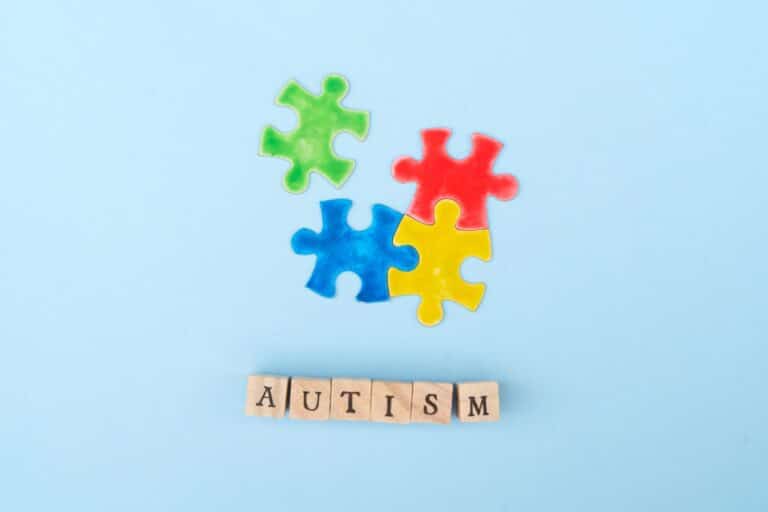In the U.S., approximately 2 million people are struggling with opiate abuse. In addition to being highly addictive, opioids are commonly abused both with and without a prescription.
Opiates, or opioid painkillers, include various prescription drugs, such as codeine, Dilaudid, and tramadol. The risk of physical dependence is higher for individuals who use these drugs in higher doses or for more extended periods than prescribed.
If used for a long time, opiates can be highly addictive. After stopping or slowing down their use of drugs like opiates, individuals who abuse them often experience withdrawal symptoms.
Trying to go through the stages of opiate withdrawal can be very dangerous. Therefore seeking professional help and preparing for opiate withdrawal is imperative.
Opiates & Opiate Abuse
In addition to heroin and synthetic opioids, prescription painkillers also belong to the opioids class of drugs. Poppy plants are used to make opium, specifically opioids.
Pain and discomfort are often treated with these medications.
Among the most common opiates and opioids are:
- Oxycodone (Oxycontin or Percocet)
- Morphine
- Codeine
- Hydrocodone (Vicodin)
- Methadone
- Heroin
- Fentanyl
Symptoms of Opiate Withdrawal
The brain and body struggle with adjusting when someone’s body stops using opioids after long-term use. Opioid withdrawal can lead to uncomfortable symptoms that can last multiple days.
Common opiate and opioid withdrawal symptoms include:
- Muscle aches
- Sweating
- Nausea
- Vomiting or diarrhea
- Insomnia
- Mood swings
- Anxiety
How Long Does Opiate Withdrawal Last?
It is common for acute withdrawal to occur within a few hours of someone’s last dose, depending on the type of addiction.
Opioid withdrawal symptoms begin for most people within 8 to 24 hours after taking a short-acting opioid such as codeine, hydromorphone, or oxycodone, or morphine.
There are flu-like symptoms associated with acute withdrawal from painkillers. As soon as the acute withdrawal period ends, the protracted abstinence period begins, lasting up to six months.
During this period, people in recovery are more vulnerable to triggers that can lead to relapse. There is also a high possibility that psychological symptoms will persist for several weeks or months.
Opiate Withdrawal Timeline
While everyone is different, the intensity of withdrawal symptoms and the symptoms themselves can help differentiate withdrawal stages.
Early withdrawal from opiates, peak withdrawal from opiates, late acute withdrawal from opiates, and post-acute withdrawal are the stages of opiate withdrawal.
Stage 1: Early Withdrawal
Despite differences in opiate withdrawal timelines, short-acting opiates usually begin the first stage of withdrawal within 8 to 24 hours or between 36 and 48 hours after the last dose.
Early opiate withdrawal symptoms typically include:
- Muscle aches
- Restlessness
- Anxiety
- Lacrimation (eyes tearing up)
- Runny nose
- Excessive sweating
- Not being able to sleep
- Yawning often
Stage 2: Peak Period
During stage 2, the symptoms from early withdrawal tend to become more intense, and new ones arrive. Short-acting opioids usually produce their worst symptoms after one to three days, and long-acting opioids after three to four days.
It is common for physical and psychological symptoms to be present during this stage of withdrawal. A person suffering from this illness may feel flu-like and emotionally distressed. A person needs to stay hydrated, eat well, and have emotional support from peers.
Opiate withdrawal symptoms during this period include:
- Symptoms from stage 1
- Nausea and vomiting
- Diarrhea
- Fever
- Depression
Stage 3: Late Acute Withdrawal
As physical symptoms of acute opiate withdrawal die down, medical detox will also reach its end. However, some psychological symptoms may develop.
Withdrawals from opioids in the late acute phase include:
- Intense drug cravings
- Irritability
- Anxiety
- Depression
- insomnia
Post-Acute Withdrawal Syndrome (PAWS)
Physical symptoms tend to be gone after a short time of quitting opiates, but psychological symptoms tend to remain or come and go during this stage.
During this time, the person may experience long-term withdrawal symptoms. For them to maintain their sobriety from opioids, other opioid addiction treatments are often required.
Post-acute withdrawal symptoms may include:
- Irritability and hostility
- Depression
- Anxiety
- Mood swings
- Low energy and fatigue
- Insomnia
- Not thinking clearly
- Lack of libido
- Chronic pain
Treatment for Opiate Addiction
Although treatment such as medication-assisted treatment (MAT) can make opiate withdrawal easier, detox is just the first step. Psychological and emotional aspects of addiction often require additional treatment.
Patients receiving opiate rehab in California can overcome these symptoms and lay the groundwork for long-term success.
At SoCal Sunrise, our clinical staff works with you to personalize a treatment program that gives you the best opportunity for sobriety. Our treatment center allows patients to focus entirely on recovering from opioid use disorder.
We provide a welcoming environment, prepare delicious meals, provide comfortable accommodations and utilize Southern California’s beautiful landscape for fun outings.
If you or a loved one is struggling with substance abuse, contact us today.






